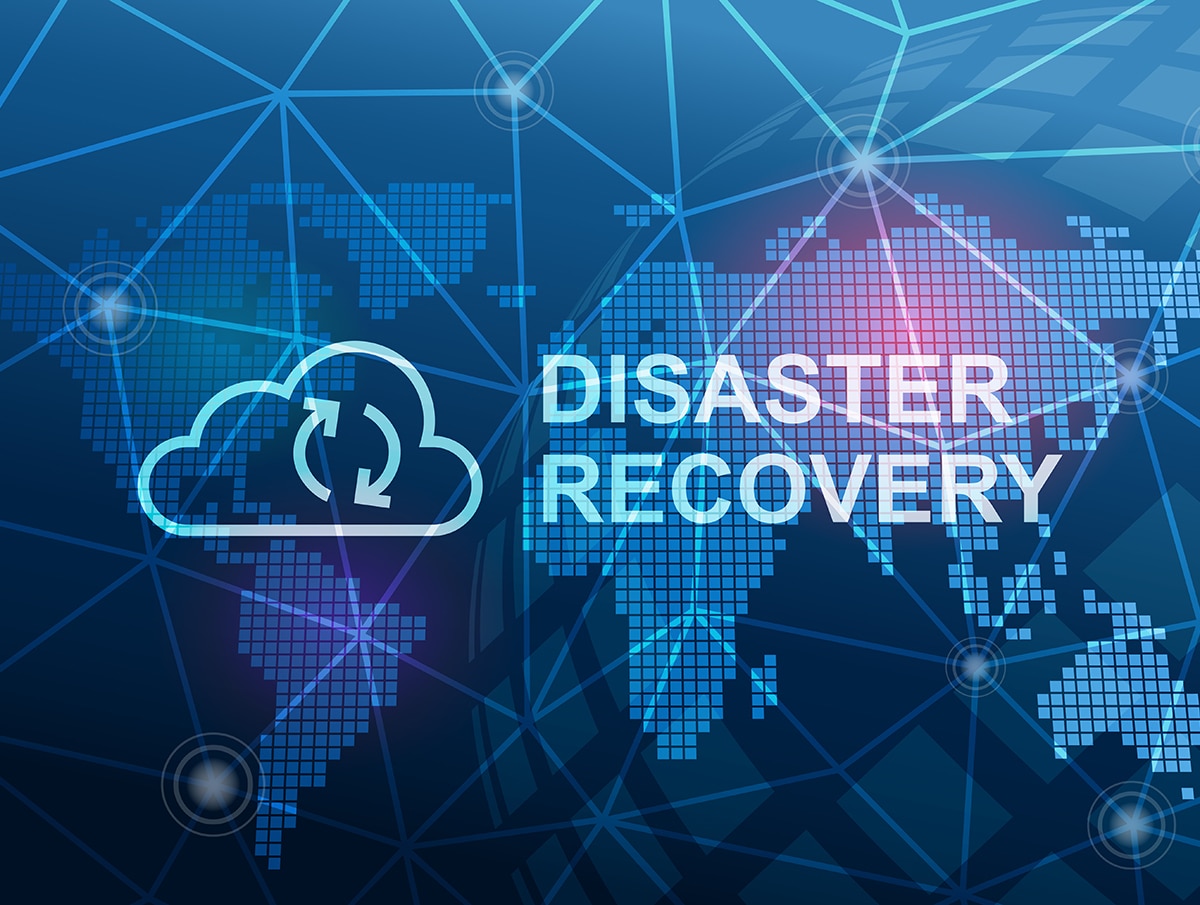In today’s digital age, the reliance on technology for business operations is greater than ever. For small businesses, the impact of unexpected disasters—be it natural disasters, cyberattacks, or hardware failures—can be catastrophic. This is where disaster recovery services for small business come into play, providing a structured approach to ensure business continuity and data protection. Understanding the key benefits of these services can help small firms mitigate risks and remain resilient in the face of adversity.
What Are Disaster Recovery Services?
Disaster recovery services involve a set of policies and procedures that aim to protect an organization’s IT infrastructure and data from disruptive events. These services ensure that a business can quickly restore operations after a disaster, minimizing downtime and data loss. For small businesses, investing in disaster recovery is not just a safety measure; it’s a strategic necessity.
1. Data Protection and Security
One of the primary benefits of disaster recovery services is the robust protection they offer for critical data. Small businesses often lack the resources to implement comprehensive data backup solutions on their own.
- Regular Backups: Disaster recovery services typically include regular data backups, ensuring that the most current information is always saved. This minimizes the risk of losing vital data during a disaster.
- Encryption and Security: Many providers offer advanced security measures, such as data encryption, which adds an extra layer of protection against cyber threats. This is particularly crucial for small businesses that may not have in-house cybersecurity expertise.
2. Reduced Downtime
In the event of a disaster, every minute counts. Extended downtime can lead to significant financial losses and damage to a company’s reputation.
- Quick Recovery: Disaster recovery services enable small businesses to recover operations swiftly. With pre-established recovery plans and resources, businesses can minimize downtime and resume normal functions faster than if they were to handle recovery independently.
- Business Continuity: These services help ensure that critical functions remain operational, even during a disaster. This is especially important for small firms that may not have the luxury of extended downtime.
3. Cost Efficiency
Small businesses often operate on tight budgets, making cost efficiency crucial. While investing in disaster recovery services may seem like an additional expense, it can lead to significant savings in the long run.
- Avoiding Big Losses: The cost of implementing disaster recovery services is typically much lower than the potential losses incurred during a disaster. This includes lost revenue, the cost of data recovery, and potential legal ramifications due to data breaches.
- Scalable Solutions: Many disaster recovery service providers offer scalable solutions tailored to the needs of small businesses. This allows companies to pay only for the services they require, making it a more cost-effective option.
4. Compliance with Regulations
Depending on the industry, small businesses may be subject to various regulations regarding data protection and disaster recovery.
- Regulatory Compliance: Disaster recovery services help ensure compliance with industry regulations and standards, such as GDPR or HIPAA. This not only protects sensitive data but also helps avoid penalties and legal issues.
- Documentation and Reporting: Many service providers offer detailed documentation and reporting tools, making it easier for small businesses to demonstrate compliance to regulatory bodies.
5. Peace of Mind
Running a small business comes with its fair share of challenges and uncertainties. Knowing that there is a plan in place to handle potential disasters can provide invaluable peace of mind to business owners.
- Focus on Core Activities: With disaster recovery services in place, small business owners can focus on their core activities without constantly worrying about potential disasters. This allows them to devote their time and resources to growth and innovation.
- Expert Support: Many disaster recovery service providers offer 24/7 support, ensuring that help is always available when needed. This can be particularly reassuring for small businesses that may not have dedicated IT staff.
6. Customized Solutions
Every small business is unique, with different needs and challenges. Disaster recovery services can be tailored to fit specific requirements.
- Flexible Plans: Providers often work closely with small businesses to create customized disaster recovery plans that address their unique risks and operational needs. This personalized approach ensures that businesses receive the most effective protection possible.
- Regular Updates: As a business grows and evolves, so do its needs. Disaster recovery services can be adjusted and updated regularly to reflect changes in technology, business operations, or regulatory requirements.
7. Enhanced Reputation
A business’s ability to recover from a disaster can significantly impact its reputation among customers and partners.
- Trust and Reliability: Companies that demonstrate preparedness and resilience in the face of adversity build trust with their clients. A robust disaster recovery plan shows that a business is serious about protecting its data and maintaining operations.
- Competitive Advantage: In industries where reliability is crucial, having a solid disaster recovery strategy can set a small business apart from its competitors. Customers are more likely to choose a company that can ensure continuity and security.
Conclusion
Investing in disaster recovery services for small business is not merely an option; it’s a necessity in today’s unpredictable environment. From data protection and reduced downtime to cost efficiency and regulatory compliance, the benefits are clear. By implementing a robust disaster recovery plan, small firms can safeguard their operations, protect their data, and ensure business continuity in the face of challenges. Ultimately, this investment not only enhances resilience but also fosters growth, allowing small businesses to thrive even in uncertain times.

